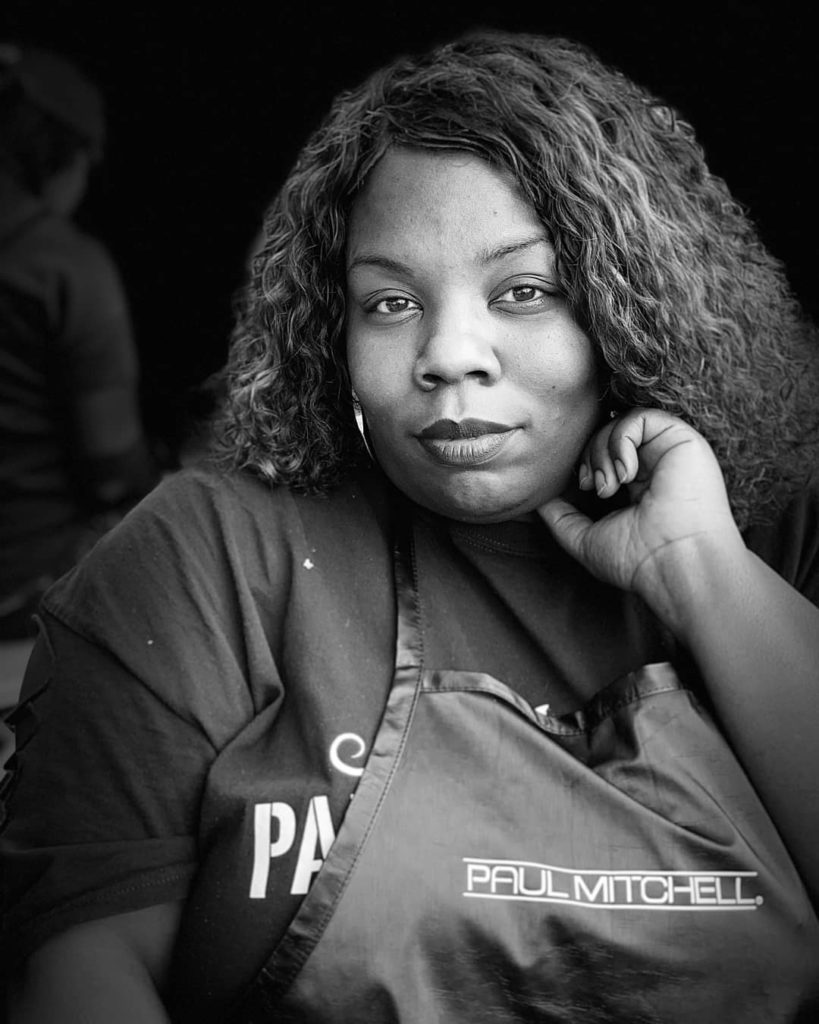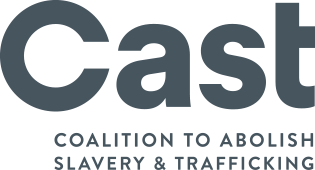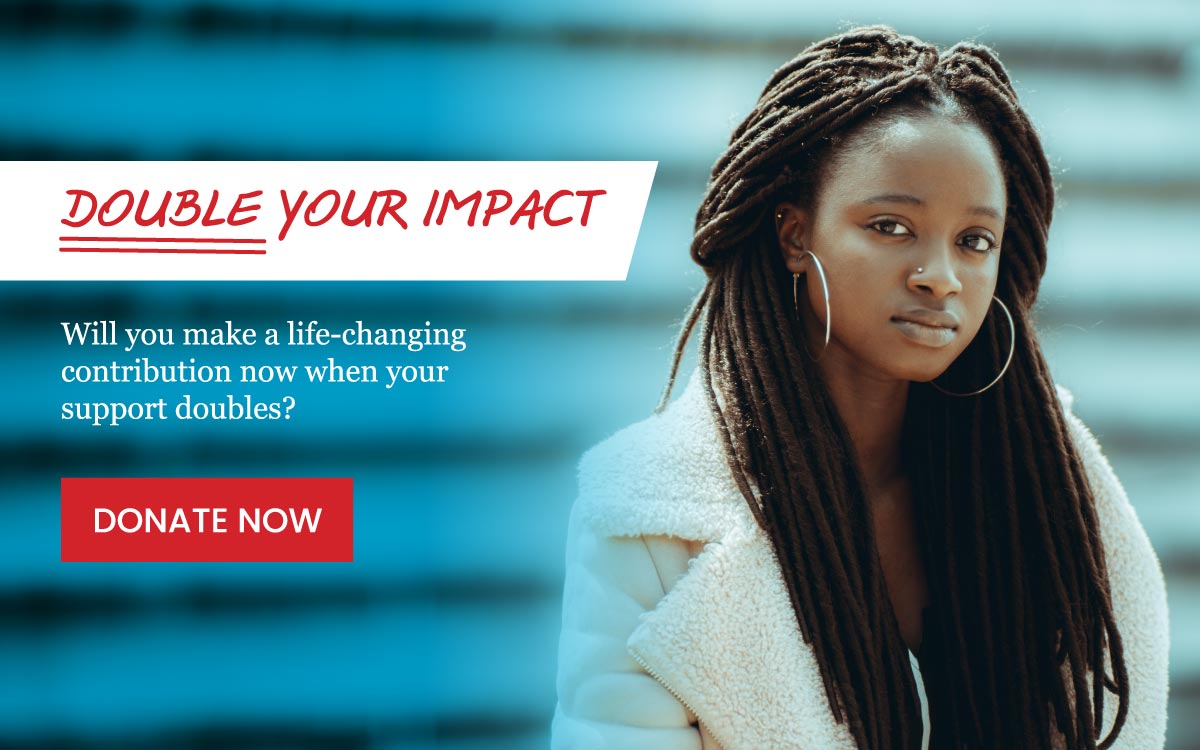
Lyresh McGee | Human Trafficking Survivor
Months ago, I woke up to the news of yet another innocent Black man who lost his life to racism.
The nightmare didn’t end as the news continued to reveal the deaths of more innocent Black people than I could imagine. The world was mourning, and I mourned with them. It wasn’t until the death of Breonna Taylor that I realized—it could have been me.
I am all too familiar with racism. I grew up in a poor neighborhood in Loma Linda, California at the peak of the crack epidemic in the 1980s, which ran rampant in Black communities across the U.S.
Addiction ripped my own family apart, forcing me to be self-sufficient even before I hit my teenage years. After graduating from
high school, I attended Concorde Career College, became a Certified Medical Assistant, and immediately entered the workforce.
By age 20, I was a single mother of two children. Though I had already faced many obstacles, life could never prepare me for what was to come.
In 2009, I was working in an optometry office when the recession hit. I lost everything. After being evicted from my home and losing custody of my children, I got into a homeless shelter on Skid Row in Los Angeles. Just when I thought I hit rock bottom, I met someone. He was a glimmer of hope and I looked to him to help me get back on the right path. He was there for me and for the first time in a long time, I felt supported and safe.
That hope was short-lived. Very soon after we started ‘dating,’ he began exploiting me for commercial sex. I did not know rock bottom had a basement until I realized I was being trafficked.
Unfortunately, my story isn’t unique. Like me, so many others have faced financial ruin only to fall victim to human trafficking. Since I was in a particularly vulnerable place, I suppose I was ripe for exploitation. This trafficker disguised himself as someone who could help me and my family. As his abuse worsened, the more he asked of me until I didn’t even recognize myself. I was under threat and feared for my life.
America has had a history of racial injustice since its inception. It bleeds into all areas of life, also for victims of trafficking. Through no fault of their own, Black women and girls are at higher risk of being convicted of crimes their traffickers force them to commit than those from other communities. Often, the crimes they commit are
completely out of their control because they have been manipulated into doing them and threatened if they do not.
It was only when I decided to escape my trafficker that I realized how pronounced racial injustice was in my community, particularly against human trafficking survivors with previous arrest records.
Abuse and fear keep victims from leaving their exploiters. Like many victims, I spent so long thinking about escaping but I did not have anywhere to go for help if I left. I eventually went to the Santa Monica police department. They provided me no help and treated me like a criminal and a menace—as if I were trafficked by choice. With my criminal record and the racial biases that filled the air, I was denied help.
After losing years of their lives to trafficking, survivors should not be treated as delinquents. While I was able to escape, so many
survivors return to the street and back in the hands of their trafficker because they have been turned away by agencies and systems designed to protect them.
It’s a vicious cycle of abuse. If it weren’t for the Coalition to Abolish Slavery & Trafficking (CAST), a Los Angeles-based human rights organization, I would have never been able to start my life again and thrive. At CAST I received emergency shelter and housing, counseling, education, and legal services to remove my record and get back on my feet. With CAST’s longtime partnership with Paul Mitchell Schools, I received a scholarship to complete the program and earned my cosmetology license.
Human trafficking continues to be a critical threat to Black communities. We need better support that doesn’t criminalize survivors but protects our rights instead. Standing in solidarity with Black lives also means speaking up for the injustices plaguing Black
Human trafficking continues to be a critical threat to Black communities. We need better support that doesn’t criminalize survivors but protects our rights instead. Standing in solidarity with Black lives also means speaking up for the injustices plaguing Black communities that are overwhelmed with trafficking victims. First, we must understand the disparities that disproportionately affect Black trafficking survivors. Then, we must do a better job supporting survivors when they escape. Many victims struggle with a long list of criminal offenses that follow them for the rest of their lives.
The time is now to stand with Black and marginalized human trafficking survivors.
To take a stand against human trafficking click here to learn how you can support CAST and stand with Black and marginalized human trafficking survivors.

